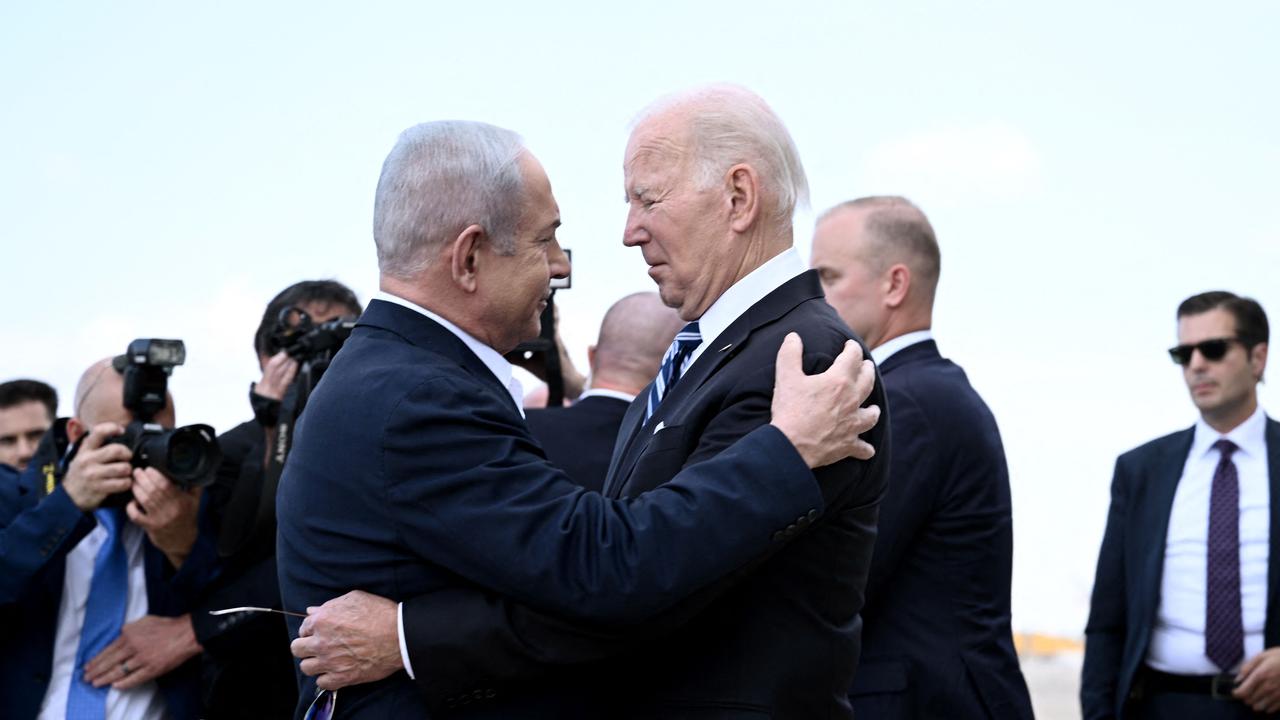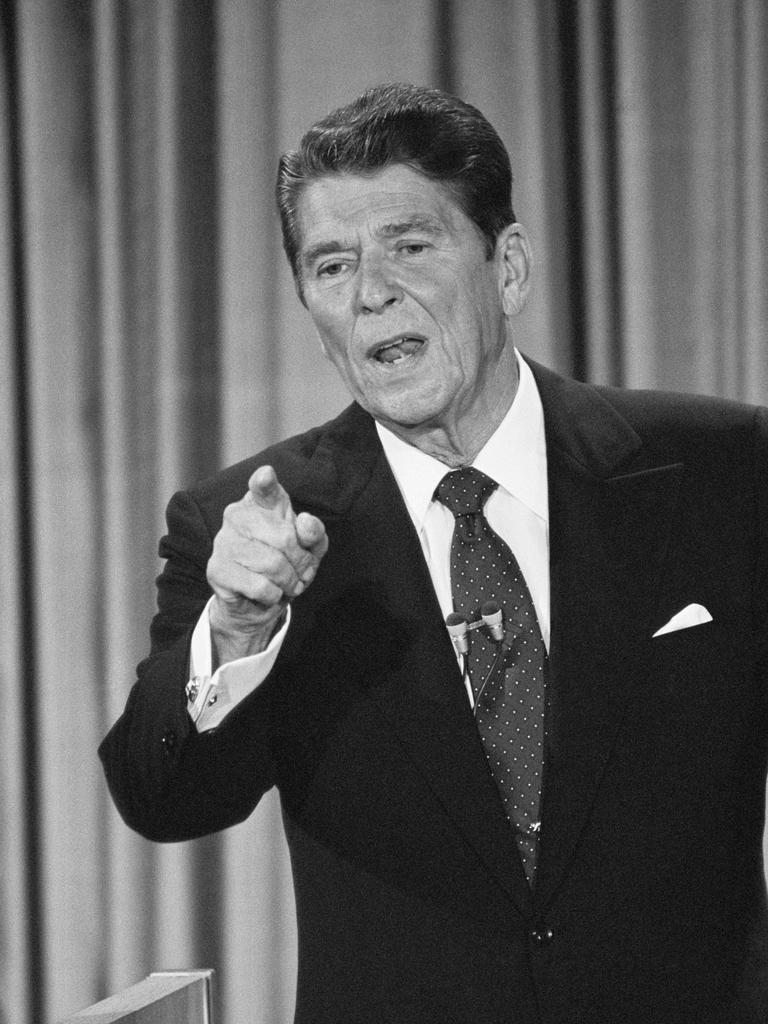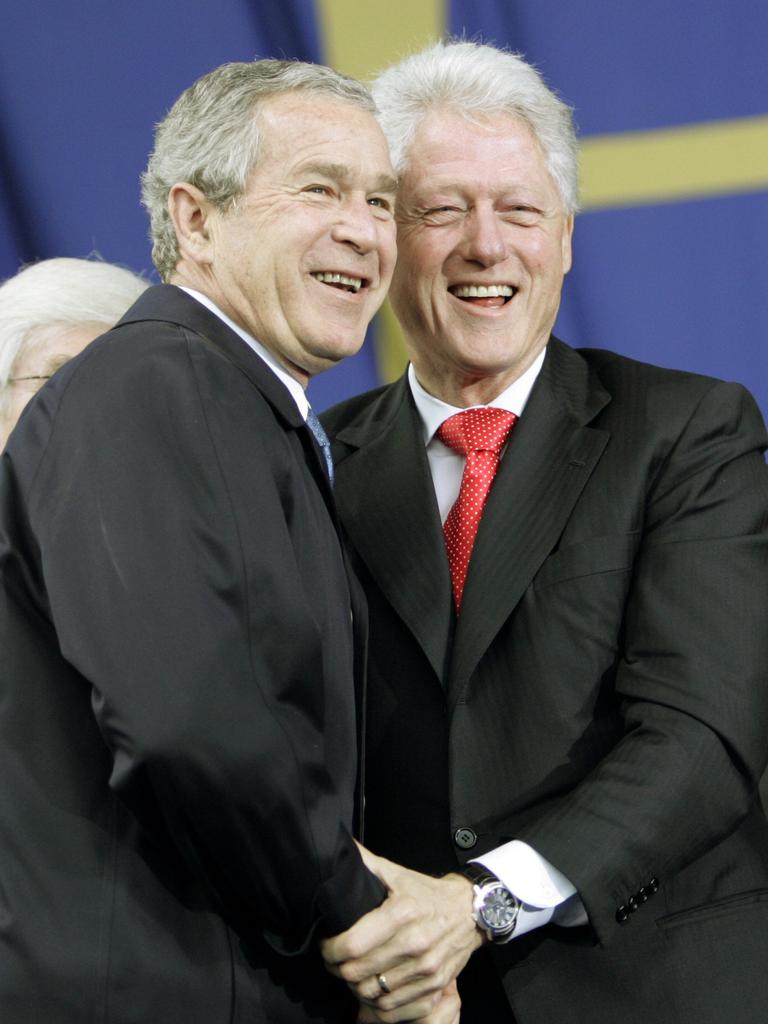
Links
Sheba Medical Centre
Melanie Phillips
Shariah Finance Watch
Australian Islamist Monitor - MultiFaith
West Australian Friends of Israel
Why Israel is at war
Lozowick Blog
NeoZionoid The NeoZionoiZeoN blog
Blank pages of the age
Silent Runnings
Jewish Issues watchdog
Discover more about Israel advocacy
Zionists the creation of Israel
Dissecting the Left
Paula says
Perspectives on Israel - Zionists
Zionism & Israel Information Center
Zionism educational seminars
Christian dhimmitude
Forum on Mideast
Israel Blog - documents terror war against Israelis
Zionism on the web
RECOMMENDED: newsback News discussion community
RSS Feed software from CarP
International law, Arab-Israeli conflict
Think-Israel
The Big Lies
Shmloozing with terrorists
IDF ON YOUTUBE
Israel's contributions to the world
MEMRI
Mark Durie Blog
The latest good news from Israel...new inventions, cures, advances.
support defenders of Israel
The Gaza War 2014
The 2014 Gaza Conflict Factual and Legal Aspects
To get maximum benefit from the ICJS website Register now. Select the topics which interest you.
Mid-East war exposes myth of Israel lobby’s power, influence
Bemused, I have never heard such rapturous applause for an academic. He had come to plug his new book, The Israel Lobby and US Foreign Policy. Mearsheimer and Stephen Walt, his co-author, sober conservative realists rather than keffiyeh-wearing activists, were treated like heroes because they confirmed an enduring prejudice of many left-wing, and a few right-wing, intellectuals: that Israeli Jews have too much power.
With one ill-conceived book, and a huge advance and royalties, the authors had given academic cover to an idea as old as the Bible. These were not second-rate scholars. (Mearsheimer remains my favourite; all his other books are terrific.) They were the pre-eminent scholars of realist international relations theory at the uber-prestigious University of Chicago and Harvard.
For a decade, I helped students dissect the book’s argument. Then I dropped it from my syllabus. October 7 is why I will bring it back.
While its methodology is flawed – “piss-poor, monocausal social science … inept, even kooky academic work”, said one reviewer – its normative argument is the real problem.
It compounds a widespread misreading of Middle East history, of the US role in it, and the way in which America has treated Arabs and Muslims. It also attributes a cultural and political power to Zionism belied by a fierce anti-Israel sentiment on university campuses in the West – which October 7 did not weaken but intensified.
Their thesis is not hard to summarise, which partly explains its appeal. An “Israel lobby” (never defined with any precision) pressures Washington to support a “theocratic/colonial state”, the behaviour of which ruins stability in the Middle East and provokes 9/11-style terrorism at home.
“The bottom line,” they write, “is that AIPAC (The American Israel Public Affairs Committee), a de facto agent for a foreign government, has a stranglehold on congress, with the result that US policy towards Israel is not debated there, even though that policy has important consequences for the entire world.”
A simple and enduring argument, but mostly wrong. The more remarkable feature of US foreign policy is its pro-Arab/Muslim bias. It is the impact of this lobby – not an Israeli one – that needs to be accounted for.
Consider that the chief agent of Britain’s imperial demise was the US. France too lost its foothold in the Middle East under US pressure. Pan-Arab nationalism of the 1950s and ’60s had an American facilitator. The humiliation of Britain, France and Israel was confirmed in 1956 by the absence of US support for their joint action against Gamal Abdel Nasser, who had nationalised the Egyptian Suez Canal.
The creation of modern Israel itself, eight years earlier, had been met with US ambivalence. For the first two decades of the young state’s existence, US presidents largely looked the other way. Israel’s kibbutzim were a dodgy socialist experiment in collectivised agriculture. This changed in 1967.
After Israel realised its current borders, by repelling a surprise attack by Egypt, Jordan and Syria, in the Six-Day War of that year, Washington began to reconceptualise the Jewish state as a bulwark against Soviet communism.
But US attitudes were not transformed. President Richard Nixon derided the Jews as “an irreligious, atheistic, immoral bunch of bastards”. The Watergate tapes recurrently betray not his Islamophobia but his casual anti-Semitism.
In 1973, when the Arabs again attacked tiny Israel, he forced a peace deal on Tel Aviv that saved the Egyptian Third Army from almost certain destruction. Thereafter, Egypt became a chief recipient of US aid (alongside Vietnam, Israel, Iraq and Afghanistan – a list that hardly suggests an animus toward Muslims).
In the Indo-Pakistani War of 1971, the US favoured the Muslim side. Ditto the feud between Greece and Turkey; America has consistently backed Turkey’s entry into the EU, against European objections.
Through the 1980s, president Ronald Reagan backed Arab Iraq against Persian Iran in their brutal war. He armed the jihadist mujahedeen as they resisted an invasion of Afghanistan by the godless USSR. In 1991, George Bush Sr liberated an Arab monarchy, Kuwait, from Baath socialist Iraq. America spent the ensuing years defending the Land of the Prophet from attack by Baathist Saddam Hussein. In the 1990s, Bill Clinton bombed Christian Serbs to liberate Bosnian and Kosovar Muslims.
In the 2000s, George W. Bush’s Afghanistan and Iraq wars had as an aim the liberation and democratisation of their peoples. In 2011, Barack Obama made US force complicit in the killing of Muammar Gaddafi, who had been terrorising Libyans for four decades. Hardly an anti-Muslim bias.
In 2012, Waleed Aly beat me up on live radio for making this argument. But it has held in the years since. Despite US wars to liberate Muslims from bad government, in the hope that Israel would be made more secure thereby, Islamist fervour has grown in Western circles.
The huge, angry crowds marching against Israel – in Sydney, London and Washington – after the worst massacre in its history are evidence of the weakness of the Israel lobby.
The greatest check on the Israel Defence Forces’ war on Hamas is the wokest administration in US history, Joe Biden’s. His call for a ceasefire – “a pause”, joined by Australia’s Penny Wong – the effect of which would allow Hamas to regroup, does not suggest he is controlled by an Israel lobby. Indeed, over 500 US government officials this week demanded Biden force a ceasefire on Israel Prime Minister Benjamin Netanyahu.
I argued in these pages last week that Australia’s colonisation by US identity politics has made us stupid. Students increasingly navigate a world divided by their teachers into oppressors (Israelis) and oppressed (Palestinians).
Israel, the exclusive home of gender equality, LGBTQI+ rights, and pronoun preferences in the Middle East, has been incapable of countering this depressing pedagogical revolution. Where was an all-powerful Israel lobby, and its world-class universities, in this battle?
Contra Mearsheimer and Walt’s bestseller, a Zionist/Israel/Jewish lobby has not bent the US public and polity to its will. It has not corrupted congress or whispered in the President’s ear. Instead, the crimes of October 7 have been imbibed by Western elites as a legitimate resistance to Israeli “settler coloniser” oppression.
The more difficulty Israeli spokespeople have had trying to persuade our own ABC journalists of their just cause, the more apparent become the limits of any Israel lobby.
Timothy J. Lynch is professor of political science at the University of Melbourne and author of In the Shadow of the Cold War: American foreign policy from George Bush Sr to Donald Trump.
# reads: 2038
Original piece is https://www.theaustralian.com.au/commentary/mideast-war-exposes-myth-of-israel-lobbys-power-influence/news-story/bde73a43d2c76a8daf9c93d54bad233c






















 Israel Prime Minister Benjamin Netanyahu greets US President Joe Biden upon his arrival at Tel Aviv's Ben Gurion airport.
Israel Prime Minister Benjamin Netanyahu greets US President Joe Biden upon his arrival at Tel Aviv's Ben Gurion airport.  John Mearsheimer
John Mearsheimer  Ronald Reagan
Ronald Reagan  George W Bush and Bill Clinton
George W Bush and Bill Clinton